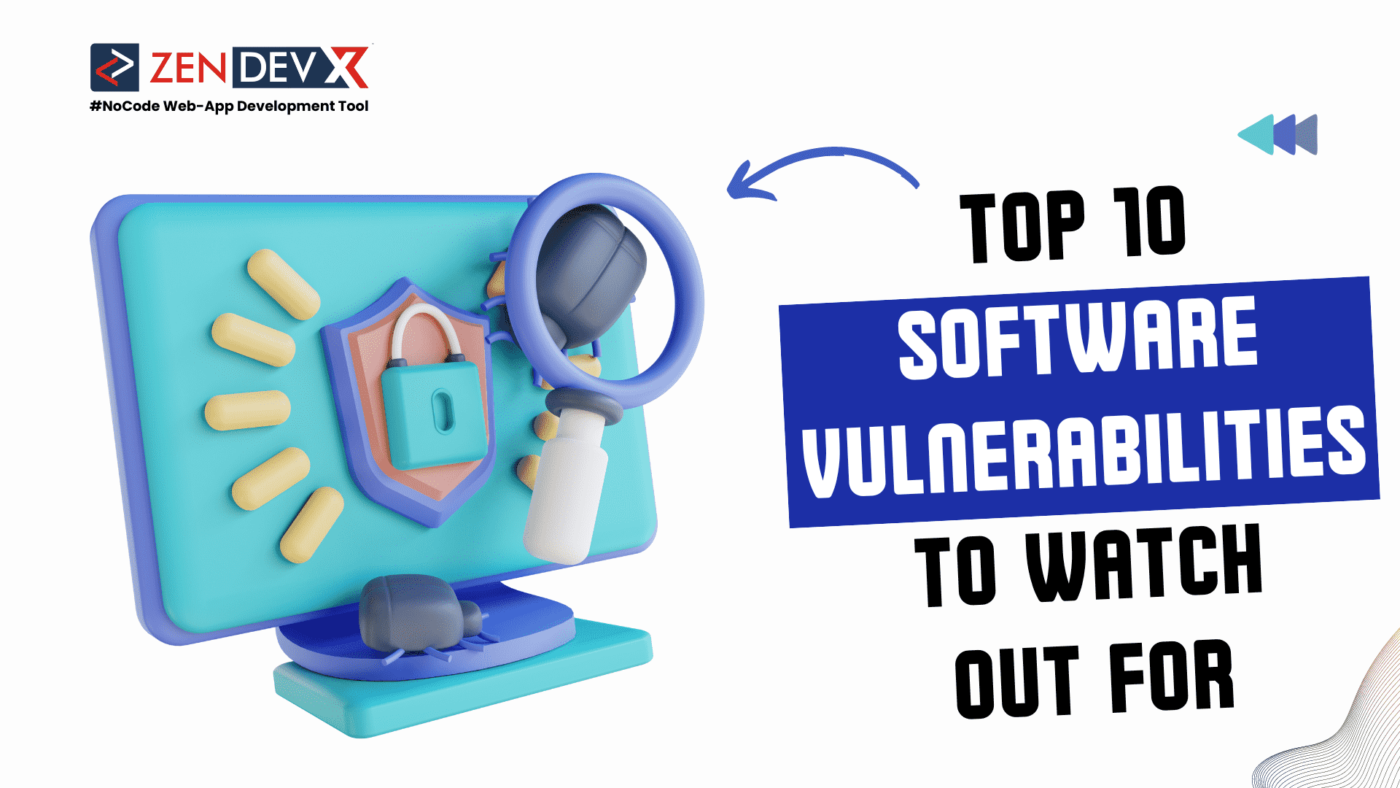Malware Keeps Increasing to Cause Data Leaks in Government Departments
For instance, hackers cracked into Solarwind’s Orion system early last year. For months they remained undetectable, resulting in a large data hack affecting government and non-governmental entities including the Pentagon, the Ministry of National Security, the Treasury, Cisco, and Intel among others.
Attack count keeps rising at a concerning speed. For instance, Sonicwall noted 304.6 million ransomware attacks and 5.6 billion malware attacks last year, and Comparitech projects that hackers will keep focusing on big businesses with malware in hopes of getting a significant payout. Researching the several approaches to avoid and how you can stop these hazards from impacting your business is really vital as the count of malware attacks keeps rising.
What are Software Vulnerabilities ?
Software vulnerabilities are flaws in your software system that hackers may readily utilize or control to compromise your system or inflict damage—are as the phrase implies. Though you can find these weaknesses anywhere, it is still advisable to be aware of these typical software flaws so that you may spot them and guard your software system.
The following is a list of the program’s flaws one should stay clear:
-
Software Bugs: These are mistakes discovered in your program that could affect its behavior. Although they are ubiquitous and present in every program, if they are not recognized and corrected right away they could finally cause major issues including data breaches and erroneous data outputs.
-
Inadequate Monitoring and Logging Systems: Your software and data are more likely to be tampered with, data extracted, or completely deleted in severe circumstances when there are inadequate logging and monitoring systems.
-
Overflow from Buffers: A buffer overflow results from data attempted for storage being more than the allocated memory capacity. It produces rewritten storage capacity, which attackers seize to have access to the software system.
-
Sensitive Data Exposure: Sensitive data—that which includes personal information like contacts and accounts—must be appropriately secured. Inappropriate management of this personal information might lead to the program unintentionally exposing personal data.
-
Injecting Errors: Through a different application, injection holes let hackers access your software by injecting harmful codes into your system, therefore granting instant access to your data. Still, if your system has enough input validation, this can be prevented.
-
Elements with Known Weaknesses: It happens when the systems’ libraries and frameworks are run with complete rights. Attackers altering these parts increase the likelihood of data extraction or system override of the system.
-
Inaccurate Verification: Two key elements that enable software systems to be shielded against malware attacks are correct design and strong use of accessibility restrictions. Sensitive data can thus be readily compromised when the system lacks these elements.
-
Inaccurate Deserialization: Acunetix’s studies indicate that insecure deserialization vulnerability results from untrusted data having access and being utilized either to cause a denial of service or exploit the logic of a system application.
-
Restricted Access Control: Broken: If you rigorously applied user limitations, it would be beneficial. On the other hand, improper implementation of data or information that should not be easily available to the public results in everyone having access to it, which would let suspicious agents use the software system.
-
Configuration for Security: Security misconfiguration is the erroneous application of security controls in a system. Different factors could be responsible for this. Still, unsafe default configurations, insufficient setups, unsecured cloud storage, and improperly configured HTTP headers account for the most often occurring causes of these security flaws.
Whose Data is Under Control ?
Unlike many cloud solutions, a hybrid low-code platform gives you the fundamental tools to design your security procedures and better control over your data. Since hybrid low-code development platforms combine low-code inside an IDE, they streamline the way your applications are created.
Furthermore, since they can import other assets, they do not restrict developers to employ low-code throughout app development. Accordingly, hybrid low-code systems feature programming languages accessible inside the IDE.
Applications and objects on both server-side and client-side can be created using the exact same programming language.
One should invest in a hybrid low-code development platform. First, by combining all the required features into one framework, it lowers the development expenses.
Its creative technology also allows you and your application developer the option to enter security protocols most appropriate for your application, thereby simplifying and safeguarding application development all through the development process. Moreover, should you decide to integrate additional assets throughout the application development, the developer will find it simpler to include these security mechanisms into your program.
The several types of software development providers on the market call for varied levels of time and effort to investigate the finest one for your company. These elements should help you choose the best software development vendor for your company:
-
Experience and Respect: A good quality software development vendor is mostly judged by their reputation, which is preferred and referred to by numerous firms. They should have past expertise creating systems or software akin to what you wish to create.
-
Professionals: The vendor you choose for software development needs to be equipped with the tools and knowledge required to create the system your company needs.
-
Prices: One crucial factor to give thought is whether the services you will be using are reasonably priced.
-
Intellectual Capital: Before coming to a last decision between both sides, intellectual property rights should be discussed. Before deciding anything, legal and non-disclosure agreements should be succinct and precise.


